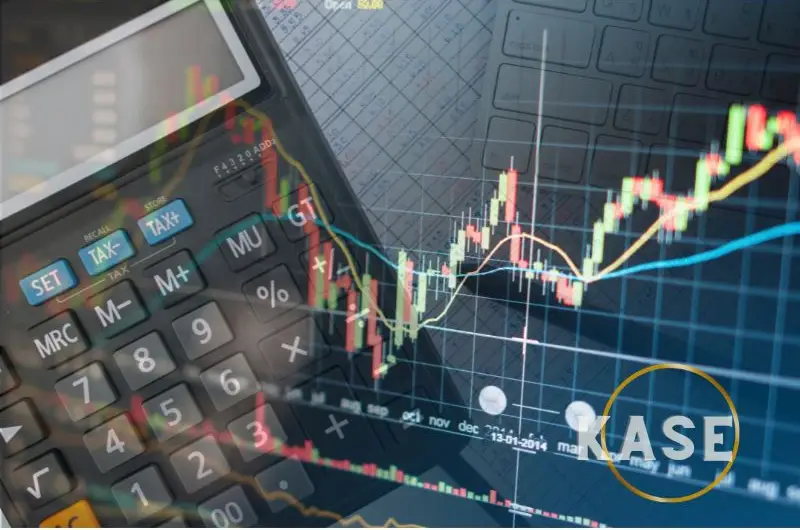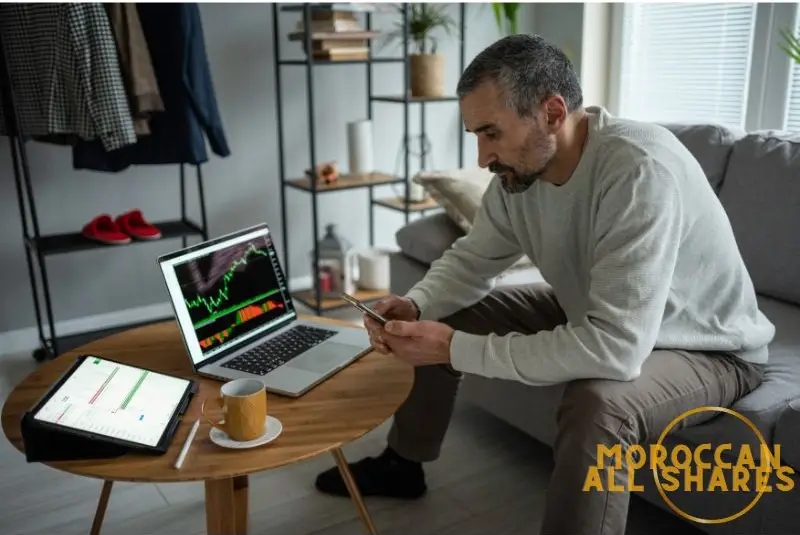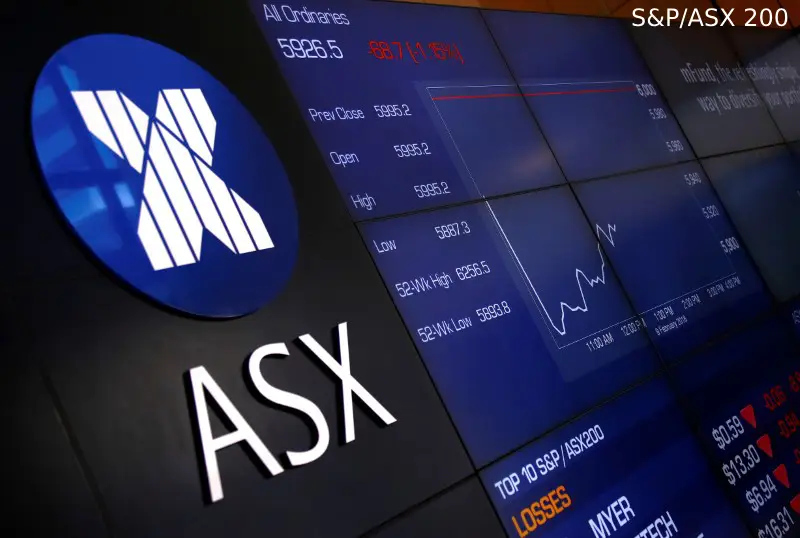Discover the bustling world of the stock market in Indonesia, where opportunities for growth and success abound. With a rapidly growing economy and a vibrant business landscape, investing in Indonesian stocks is key for any savvy investor looking to diversify their portfolio.
The two main stock indices in Indonesia are the Jakarta Composite Index (JCI) and the Indonesia Stock Exchange (IDX). The JCI tracks the performance of all listed stocks on the Indonesia Stock Exchange, while the IDX focuses specifically on local companies.
Don’t miss out on the chance to tap into this dynamic market and watch your investments soar. Stay tuned for more insights and updates on the exciting world of Indonesian stocks!
How Does the Stock Market Work in Indonesia
The stock market in Indonesia operates similarly to other global stock markets. It provides a platform for companies to raise capital by selling shares of their ownership to investors. Investors can then buy and sell these shares through the Indonesia Stock Exchange (IDX).
To invest in the stock market in Indonesia, individuals need to open a brokerage account with a licensed brokerage firm. They can then start buying and selling stocks listed on the IDX using the services provided by their chosen brokerage.
Here are five major stocks in Indonesia that have shown consistent profitability:
- Bank Central Asia (BCA): One of the largest banks in Indonesia with a strong track record of profitability.
- Telkom Indonesia: The largest telecommunications company in Indonesia with a wide range of services.
- Astra International: A diversified conglomerate with interests in automotive, agribusiness, heavy equipment, mining, and energy.
- Bank Rakyat Indonesia (BRI): A state-owned bank focused on microfinance and small business lending.
- Unilever Indonesia: A leading consumer goods company with popular brands across various product categories.
What is the benefits of buying stocks in Indonesia
Investing in the Indonesia stock market can offer a variety of benefits for investors. Here are some reasons why buying stocks in the Indonesia stock market can be advantageous:
1. Growth potential: The Indonesia economy has been experiencing steady growth over the past few years, making it an attractive destination for investors looking to capitalize on emerging markets.
2. Diversification: Investing in Indonesian stocks can help diversify your investment portfolio and reduce risk by spreading your investments across different industries and sectors.
3. Dividends: Many Indonesian companies pay dividends to their shareholders, providing a regular income stream for investors.
4. Access to global markets: By investing in Indonesian stocks, you gain exposure to an important emerging market that is closely tied to the global economy.
When buying stocks in the Indonesia stock market, it’s important to keep in mind the following tips and takeaways:
1. Do your research: Before investing in any stock, make sure you understand the company’s financials, business model, and industry trends. This will help you make more informed investment decisions.
2. Consider long-term growth potential: Look for companies with strong fundamentals and a track record of growth that have the potential to generate sustainable returns over the long term.
3. Monitor market conditions: Stay informed about economic developments, political events, and other factors that could impact the Indonesia stock market. This will help you make timely adjustments to your investment strategy.
4. Diversify your portfolio: Spread your investments across different sectors and industries to reduce risk and improve potential returns.
In conclusion, investing in the Indonesia stock market can be a rewarding experience for investors who are willing to do their due diligence and take a long-term approach to investing. By following these tips and staying informed about market conditions, you can increase your chances of success as an investor in the Indonesia stock market.
The main stock indices in Indonesia
Stock market indices are important indicators that provide a snapshot of the overall performance of a group of stocks in a particular market. They are used by investors to gauge the health and direction of the market as well as to make investment decisions.
In Indonesia, the most important stock market index is the Jakarta Composite Index (JCI), which consists of all listed stocks on the Indonesia Stock Exchange (IDX). The JCI is calculated using a weighted average method, where larger companies have a greater impact on the index’s movement.
The JCI is regulated by the IDX, which is overseen by the Indonesian Financial Services Authority (OJK). The OJK sets regulations and guidelines for stock exchanges to ensure fair and transparent trading practices. It also monitors compliance with these regulations to maintain market integrity.
Market participants, such as brokers, issuers, and investors, must adhere to strict rules set by the IDX and OJK. These rules cover areas such as disclosure requirements, trading practices, and investor protection measures. Violations of these rules can result in fines or other disciplinary actions.
Investors in Indonesia rely on stock market indices like the JCI to track market trends and assess investment opportunities. By following these indices, investors can make informed decisions about buying or selling stocks based on market performance.
In conclusion, stock market indices play a crucial role in providing insights into market movements and trends. In Indonesia, the JCI is the main index used to gauge stock market performance and is regulated by authorities to ensure fair and transparent trading practices for all participants.
Recap: The stock market in Indonesia
The stock market in Indonesia has shown consistent growth over the past few years, with the Jakarta Composite Index reaching record highs. This can be attributed to various factors such as a stable political environment, strong economic growth, and increasing investor confidence.
Investors in Indonesia have access to a wide range of investment opportunities, with companies from various sectors listed on the stock exchange. This diversity allows investors to build a well-rounded portfolio and mitigate risks associated with investing in a single sector.
However, like any other stock market, the Indonesian market is not without its risks. Factors such as global economic conditions, political instability, and currency fluctuations can impact stock prices and investor sentiment.
Overall, the stock market in Indonesia presents opportunities for both local and foreign investors looking to diversify their portfolios and capitalize on the country’s strong economic growth. By staying informed about market trends and conducting thorough research, investors can make informed decisions and potentially reap significant returns.




























































